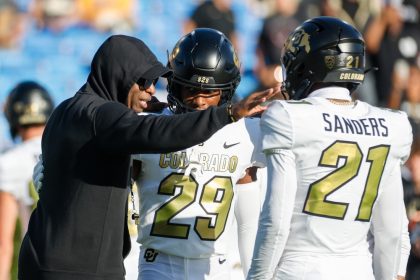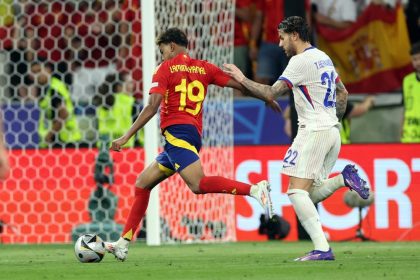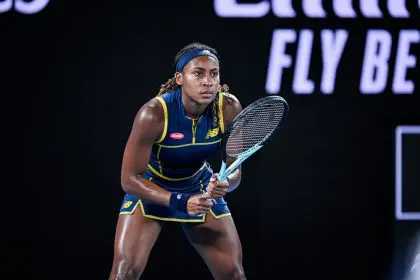
In a groundbreaking move that could reshape the landscape of college sports, former NFL star Reggie Bush has filed a lawsuit against the University of Southern California (USC), the NCAA (National Collegiate Athletics Association), and the PAC-12 Conference. This lawsuit aims to recover funds that these organizations profited from using Bush’s name, image, and likeness (NIL) during his college years.
The Background of the Case
Bush’s collegiate career with the USC Trojans spanned from 2003 to 2005, a time when the NCAA had strict rules prohibiting student-athletes from receiving compensation for their NIL. However, the landscape began to change in 2021 when the NCAA was compelled to revise its policies regarding athlete compensation, allowing college athletes to profit from their personal brand for the first time. This marked a significant shift from previous rules that barred student-athletes from earning money while maintaining their amateur status. With NIL, athletes can now sign endorsement deals, monetize social media, sell merchandise, and even engage in sponsorships, all while remaining eligible to play.
Bush’s recent lawsuit seeks to address what he describes as “ongoing injustices stemming from the exploitation of his name, image, and likeness during his tenure as a USC football player.”
Legal Representation and Goals
Bush’s attorney, Evan Selik, emphasized that this case is not solely about seeking justice for Bush himself. Instead, it aims to establish a precedent for the fair treatment of all college athletes. In a statement, Selik declared, “Our goal is to rectify this injustice and pave the way for a system where athletes are rightfully recognized, compensated, and treated fairly for their contributions.” This sentiment resonates with many current and former athletes who have long felt undervalued and exploited by the NCAA and collegiate sports programs.
A Legacy of Controversy
Bush’s legacy in college football is marked by both triumph and controversy. He won the prestigious Heisman Trophy in 2005 while playing for USC, but the NCAA stripped him of the honor in 2010 after discovering that he had accepted improper benefits. After years of fighting to regain his trophy, the NCAA finally reinstated it on April 24, 2021. This tumultuous history adds another layer of complexity to his current legal battle.
Broader Implications for Student-Athletes
Bush is not alone in his quest for justice. Several former student-athletes have taken similar legal actions to reclaim compensation for their contributions during their college years. Notable examples include former Michigan athletes Denard Robinson and Braylon Edwards, who recently sued the NCAA and the Big Ten Network. Additionally, ten players from the North Carolina State championship team of 1983 filed a lawsuit against the NCAA and the Collegiate Licensing Company.
The NCAA and major college conferences are currently embroiled in three antitrust lawsuits related to NIL compensation for student-athletes. As part of these legal proceedings, there is an agreement in place to pay $2.78 billion to hundreds of thousands of college athletes, a significant step towards recognizing the value of their contributions.
The Future of College Athletics
The outcome of Bush’s lawsuit could have far-reaching implications for the future of college athletics. As more athletes advocate for their rights and seek compensation for their contributions, the NCAA may be forced to reevaluate its policies and practices. This shift could lead to a more equitable system that acknowledges the hard work and dedication of student-athletes.
Reggie Bush’s lawsuit is not just a personal battle; it represents a larger movement toward justice and fairness in college sports. As the landscape continues to evolve, it is crucial for current and former athletes to stand together and advocate for their rights, ensuring that their contributions are recognized and compensated appropriately.










